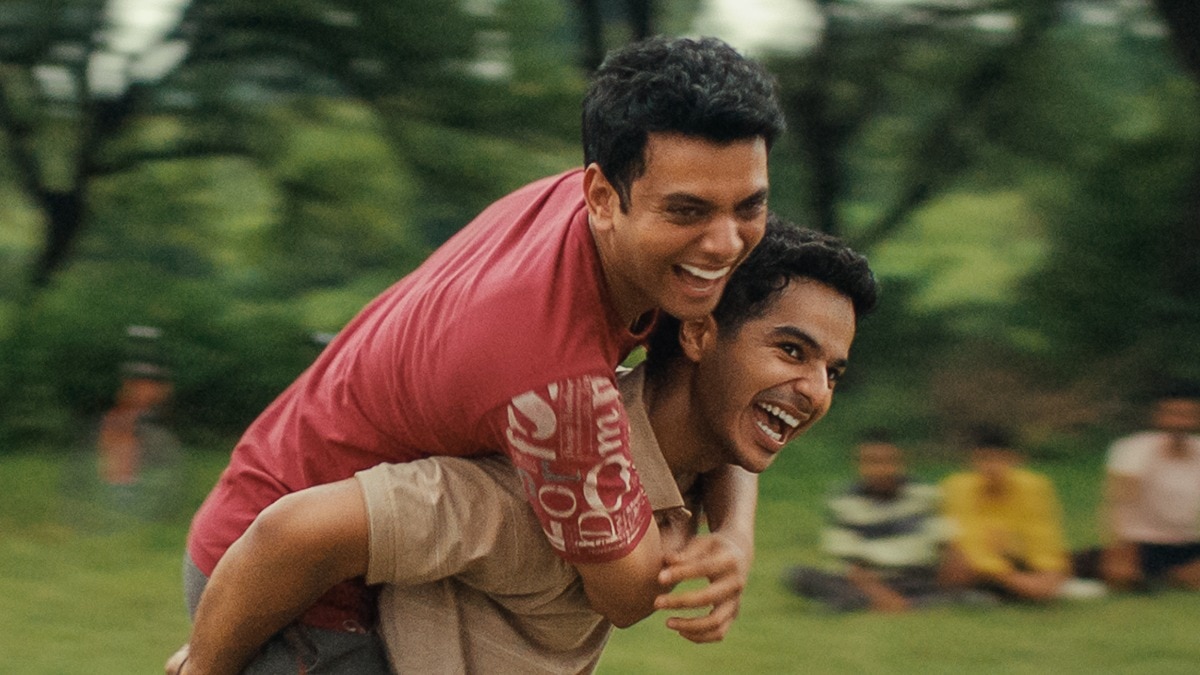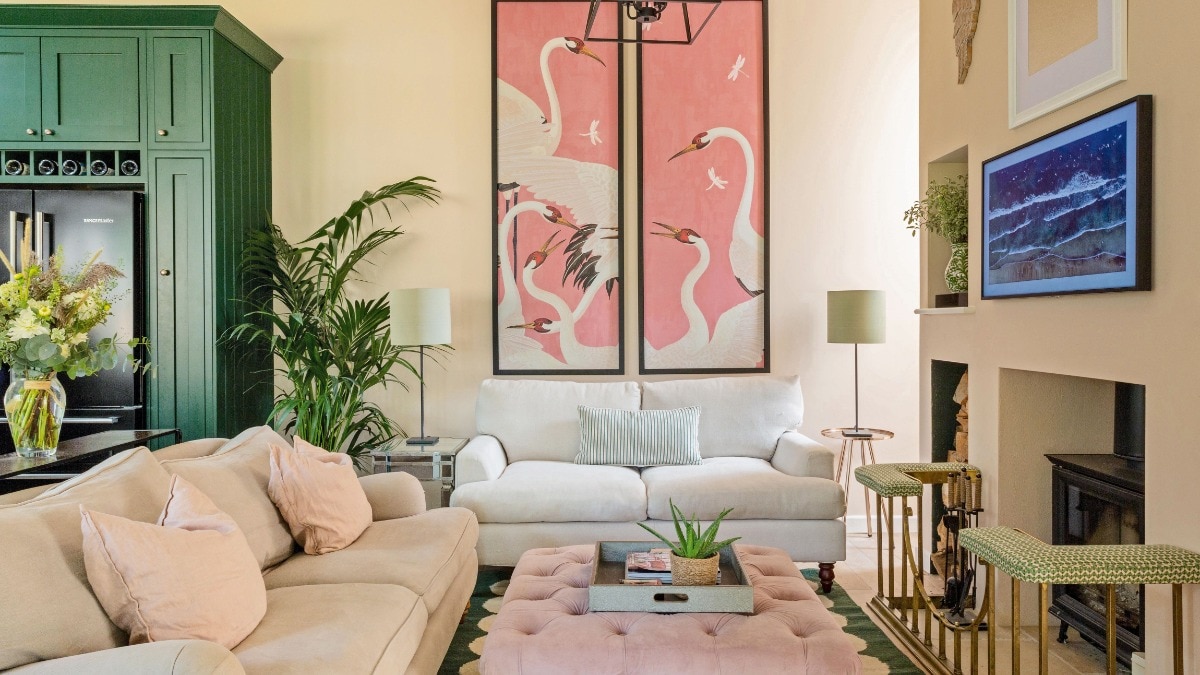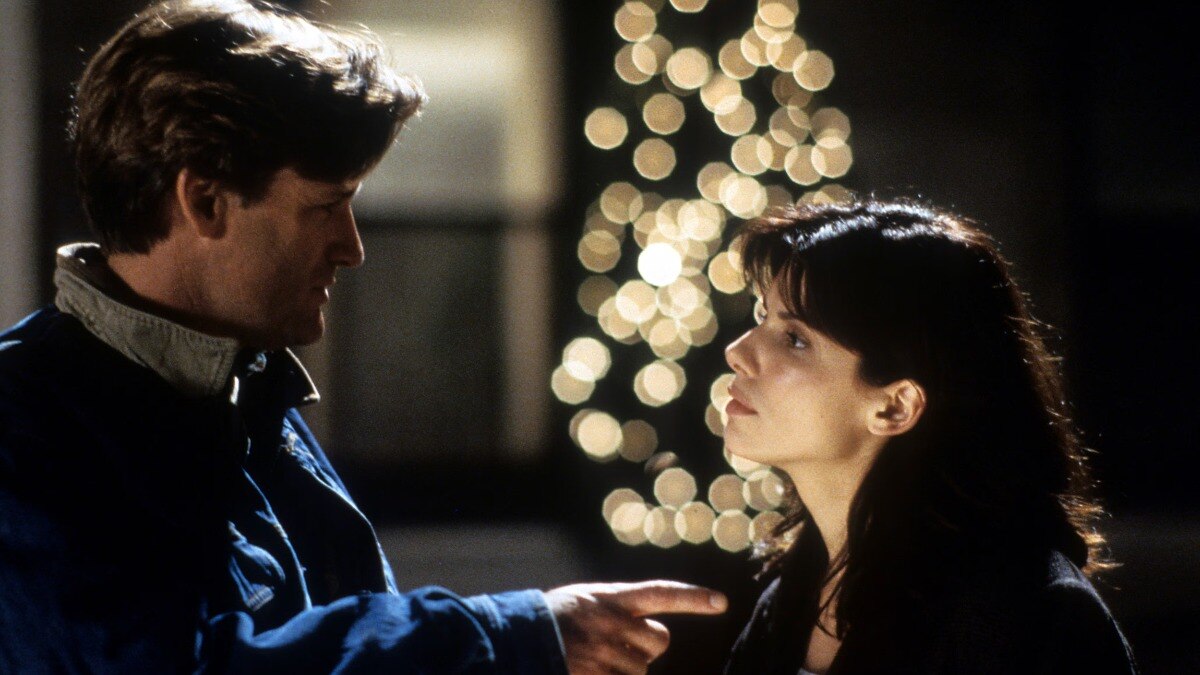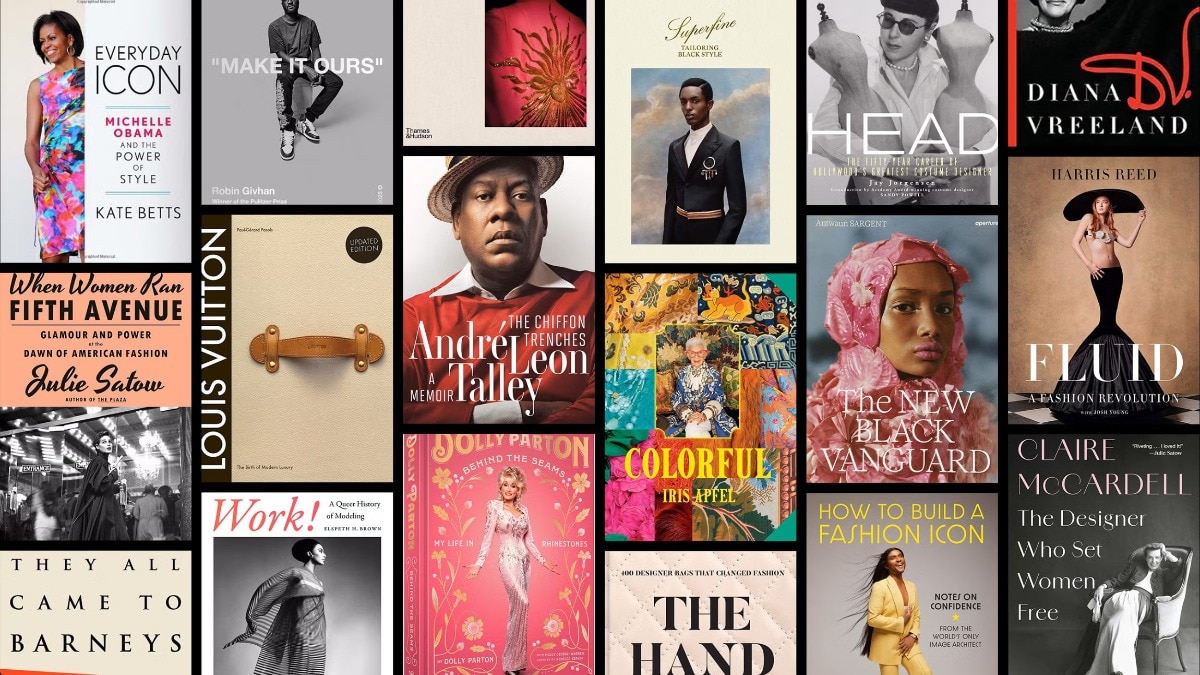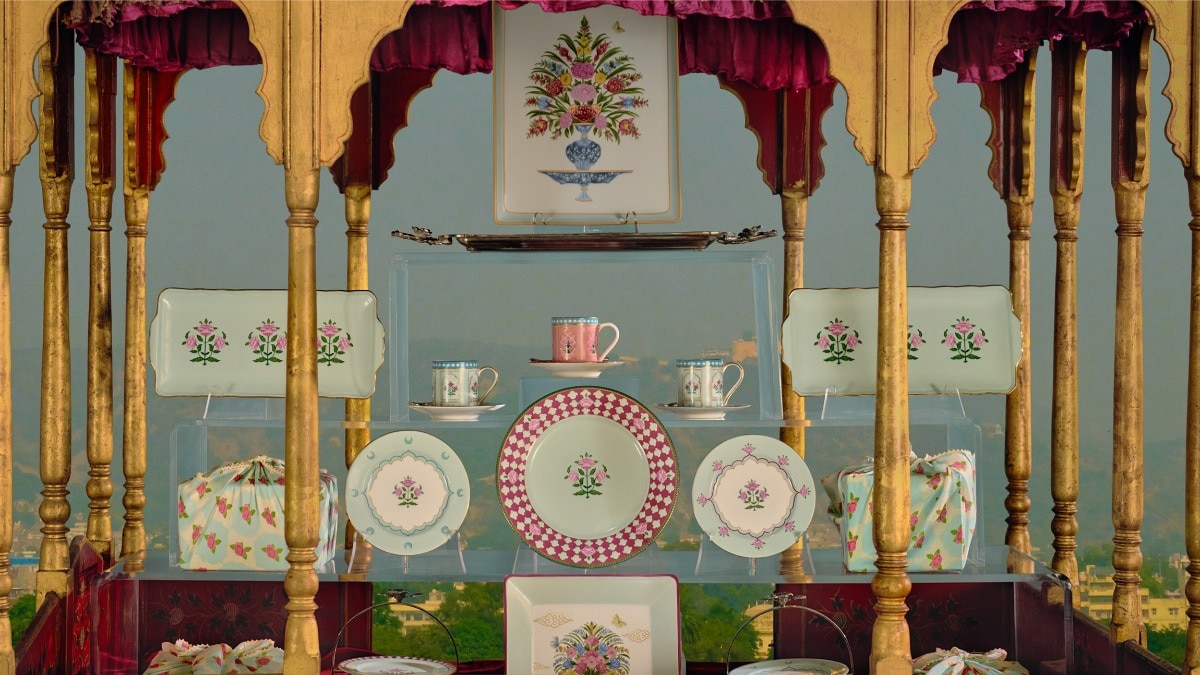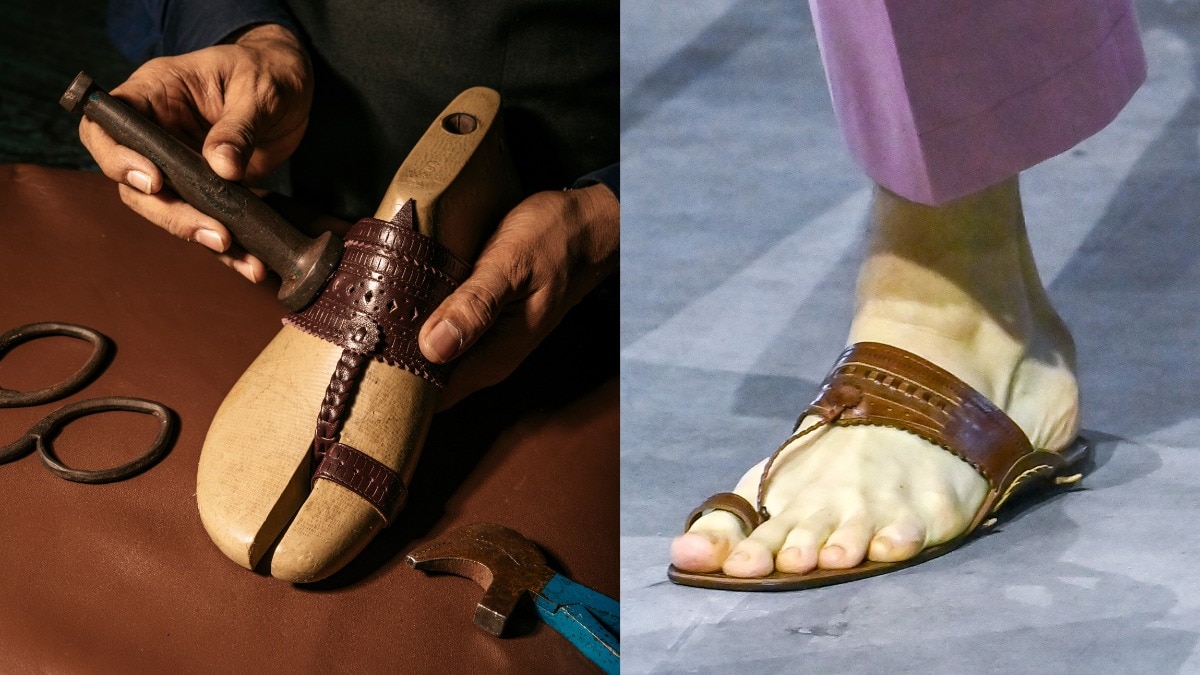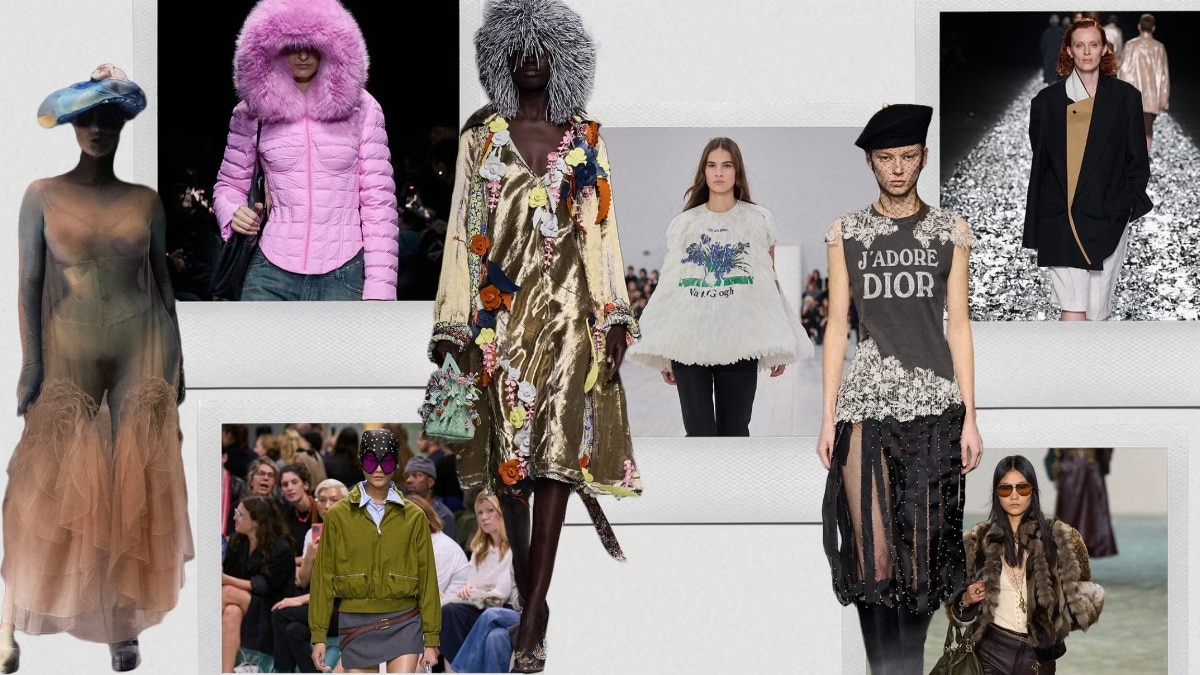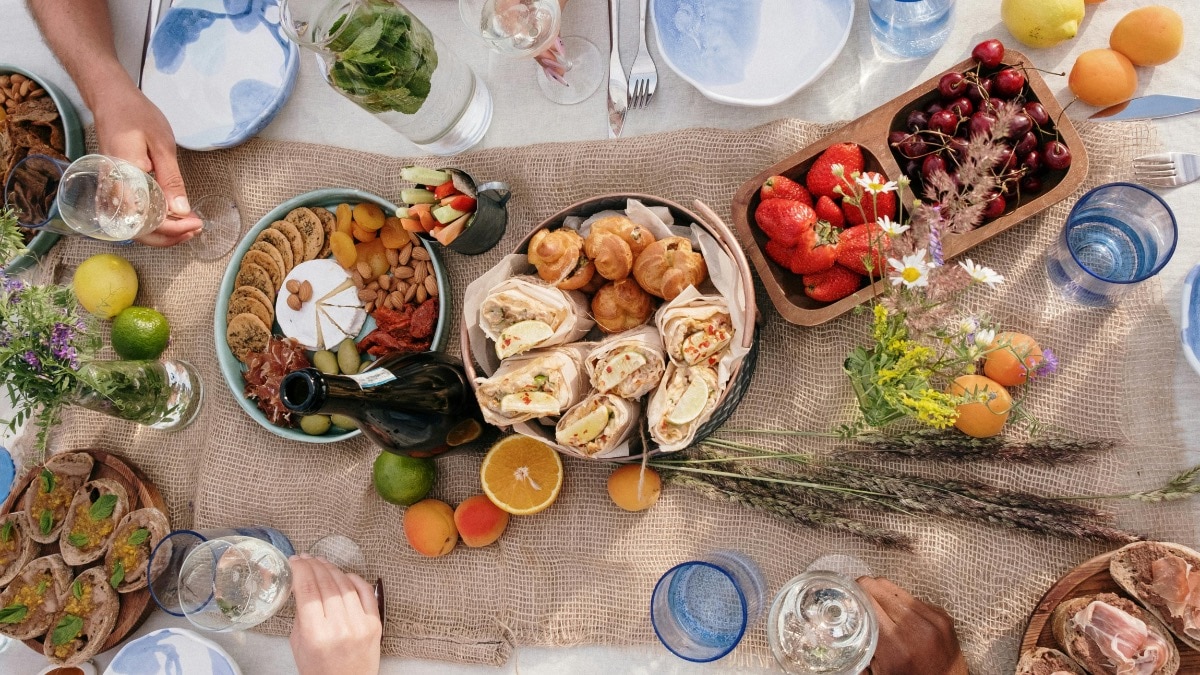What if we told you King Charles' doctor lived next door?
Well, not next door, but close enough. Dr Issac Mathai practices in Bengaluru, whenever he is not in England.


The King’s doctor—the title itself would make royalty enthusiasts Google the name; not to mention, his Indian roots would make all Indians sit up. But after the cursory results of years of study in medicine, what strikes out about the man who currently holds the position is his approach to healthcare.
Dr Issac Mathai, a doctor of Holistic Medicine started his journey working with his mom at her homeopathic practice in Wayanad, Northern Kerala at the age of 11. Soon after discovering his interest in medicine, he decided to pursue a BHMS in Homeopathy in Bengaluru. He pursued MD in Homeopathy at the Hahnemann Post-Graduate Institute of Homeopathy in London and his degree in Chinese Pulse Diagnosis and Acupuncture at the WHO Institute of Traditional Chinese Medicine in Nanjing, China. He also went to the Harvard Medical School where he did the Mind-Body Medicine Programme.

After all this and many years of practice, Dr Mathai founded Soukya, a holistic health center based in Bengaluru, India, and it was on one of King Charles and the Queen Consort Camilla’s first visits to this centre that the world was more popularly introduced to the “King’s doctor”. But the relationship has been a long time in the making.
We interviewed Dr Mathai on how his journey in holistic medicine led to him becoming King Charles’ physician.
Harper’s Bazaar: We know you were inspired by your mother, could you elaborate on how her practice impacted your journey as a doctor?
Dr Mathai: It started with my mother's homeopathy practice of 55 years. I was eight years old and interacted with many patients who came from nearby tows. There were no clinics with licensed doctors in Wayanad; my mom was one of the few doctors available to the general public. By 11, I was helping my mother pack medicines for the prescriptions, which eventually led to my interest in homeopathy and I went on to pursue it. I then expanded into therapeutic yoga. I was doing a presentation on yogic management in homeopathic treatment in France for an International Conference where I developed an interest in therapeutic yoga. Thereafter, I went to London and post-graduated in it.
HB: What does holistic medicine entail?
Dr Mathai: ‘Prevention, early intervention, and health improvement’ is the philosophy of holistic medicine. We don’t want to solely focus on serious medical conditions. Although, a majority of our patients from around the world come with conditions that couldn’t be solved by the best doctors elsewhere. Our skill of integrating different systems of medicine—from homeopathy, Ayurveda, naturopathy, and therapeutic yoga, to acupuncture has been helpful.
It is not only about medicine, it is about a way of life. Integrating these different systems of medicine in a healthy environment, along with modified eating habits, and the mental balancing of your spiritual uplifting is what is essential for a holistic healing experience. At Soukya, we have our organic herbal garden to support a healthy environment and lifestyle, and some herbs which we are not able to grow in Bengaluru, are sourced from my hometown in Wayanad. But the focus through it all remains having a rounded approach to wellness and providing it to everyone who we work with.

HB: What has been the biggest lesson in your time in holistic medicine?
Dr Mathai: In dealing with complex medical conditions, you have to understand the emotional, psychological, spiritual, and physical aspects of a person. During my training in London, we spent hours analysing conditions, but at the end of the day, it’s not about the disease; it’s about the person. One of the major philosophies I practice is: It is not the system of medicine, it is not the disease itself; it is the person you are treating. Holistic medicine is a person-oriented form of medicine since each treatment will work differently for each person.
HB: Can you tell us a little bit about your journey from your first meeting to becoming a doctor for the Royal Family?
Dr Mathai: It was in the year 2002. I was working with the British Holistic Medical Association, where King Charles was a patron, and I had volunteered to organise a conference that brought together 30 nationalities from around the world with help from the British, Japanese, and American Holistic Medical Associations’ in Bengaluru. That was where we were first introduced. Thereafter, he invited me to do a presentation on Soukya and our work. But, it took many more years before they called me for a personal interaction. It was in 2010, when (Queen Consort) Camilla finally made a visit to Soukya despite the security clearance that took about six years to get. Now, I see them a few times a year for medical consultations in London, or they come to Bengaluru. We interact and do what is necessary to maintain their health and wellness.

HB: People around the world are enamoured by the Royal Family—trying to catch every glimpse and gossip of what goes on on the inside, including the King’s coronation. You were at the event, so we must ask, how was it? And what is the King like?
Dr Mathai: I thought a minor invitation might come my way, but they were very kind and invited me to the main coronation. The seats for the event are limited, and interestingly, I was one of the only 50 personal friends allowed to be invited. The function was grand and unbelievably organised. It was a once-in-a-lifetime experience. My family was invited to the garden party afterward. They even arranged a private visit for my children; they did a lot for us in the middle of all this.
One of the most memorable interactions with King Charles and Queen Consort Camilla was a time when they invited my wife and I for tea at Windsor Castle. It was a private conversation, so it was just the four of us in the room. King Charles served us the tea himself, and this made us feel so welcome. When we had the privilege of having them at Soukya, Queen Consort Camilla carried her own bag and refused any help. It is never formal with them, and their actions show how good they are in their morals and ideals.
Soukya is working on several other projects including the ‘Village Project’, which helps the poorest of the poor near Bengaluru to get treatment for free, and a new Holistic Treatment Centre in Portugal. Dr Mathai’s goals are to show the world that India can do phenomenal work in the health and healing space in new and holistic ways.


